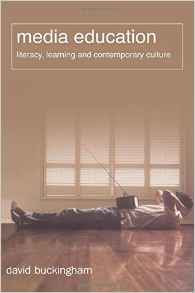Interview with Mr J hanna - head of government and politics at Haggerston
Interview 2 from Haggerston Media on Vimeo . Password: culture Really interesting interview with Mr J Hanna today who made several key point about student background knowledge and cultural literacy in light of the new curriculum changes. Towards the end especially where Jon eludes to the fact that its not a particular set of prescribed cultural ideas or set list of culture thats important, but more the culture shift towards reading more from a variety of sources that is important



